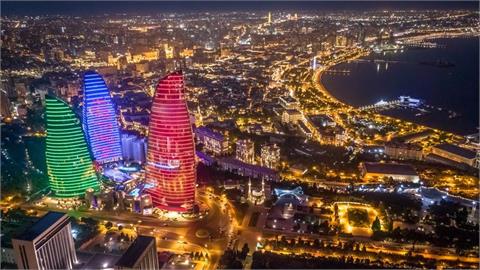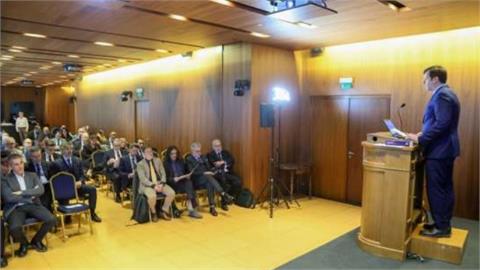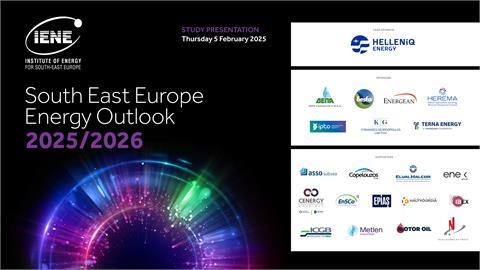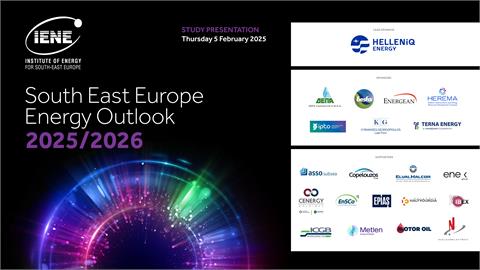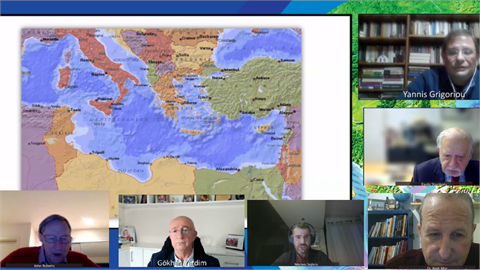On October 20/21 the Government of Azerbaijan organised a most timely seminar on energy security by inviting to Baku a small number of senior experts from abroad and also from home. The seminar evolved around six main sessions which among others covered the global energy landscape,the Green Transition and the role of Renewable Energy Sources, Azerbaijan’s strategic role in European Energy Security,protection of critical energy infrastructure, NATO’s role in energy infrastructure protection and Cyber Resilience.
Some 80 government officials,senior energy executives and energy and security experts participated in this high level closed event convened by the Ministry of Foreign Affairs of Azerbaijan. As the Ministry’s representative pointed out in his opening remarks, “ the Republic of Azerbaijan, which is strategically positioned at the crossroads of Europe and Asia, holds a pivotal role in the evolving global energy scene. As a significant energy producer and a crucial transit hub for hydrocarbon resources, Azerbaijan’s energy security policies not only underpin its own national interests but also contribute greatly to the energy diversification and resilience of the broader European markets. Azerbaijan currently supplies natural gas to 10 European countries,including 8 NATO member states,through the Southern Corridor, thereby reinforcing both Europe’s and NATO’s energy security.”
In this context the MFA convened the “Energy Security” seminar in order to lead an in- depth examination of the key drivers shaping global and regional energy dynamics, including geopolitical developments,technological innovations, and the shift toward clean energy sources including renewables.
Through a series of presentations the seminar further explored the evolving nature of critical energy infrastructure,covering both physical and cyber resilience and highlighting the importance of international and regional cooperation in addressing hybrid threats.
In his presentation, which can be viewed here,the Chairman and Executive Director of the IENE, Costis Stambolis,expanded on the subject of, “ Renewable Energy Sources and Energy Security in SE Europe”. Summarising his intervention, Costis observed that although renewables can contribute to a great extent in strengthening energy security at national and regional level by reducing energy imports, they cannot replace entirely fossil fuels or other forms of energy, such as nuclear power, as they need constant back up in the form of base load in order to function. Therefore, it is not advisable to aim for maximum RES penetration into electricity grids as such an approach invariably results in much higher costs which consumers have to pay, as latest experience from several countries in SE Europe show. Ultimately,RES operation needs to be rationalised if governments and utilities are to reign on unjustifiable high electricity prices and also prevent frequent black outs and degradation in the quality of supplied electricity.
In his concluding remarks Costis stressed that, “ as the energy scene in Europe and worldwide continues to evolve along a tortuous path, with uncertainty remaining high over future supplies, there is a need to prioritise energy security over decarbonisation. Also, decarbonisation policies should be revised to consider greater use of natural gas,non-intermittent RES,nuclear power and advanced technologies aiming towards cleaner fuels. As energy security priorities take hold, governments would be well advised to aim towards a balanced energy mix as the best insurance policy against supply disruptions and energy poverty”.
